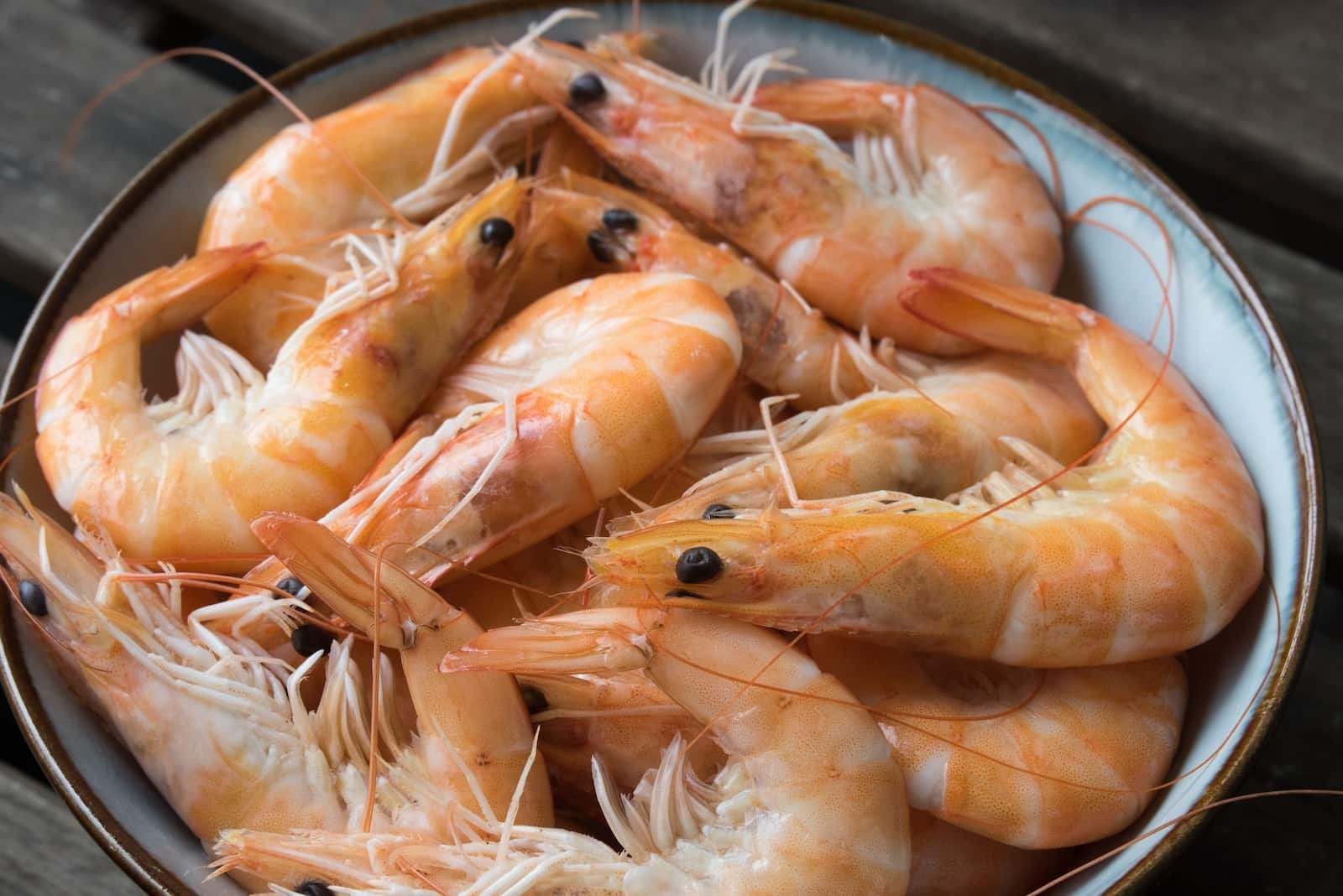We all know that shrimp can be a delightful addition to many dishes, from shrimp cocktails to paellas, and everything in between. But when you spot that sale at the supermarket and want to stock up, it’s crucial to understand how to store them properly to ensure they remain safe and tasty. Let’s take a closer look at what the experts say and get some tips on how to best preserve your shrimp for future culinary creations.
According to the U.S. Food and Drug Administration (FDA), shrimp can be safely frozen for up to 3-6 months. Good freezing practices are not just about safety, but also about keeping your shrimp in prime condition for eating. Texture and flavor can deteriorate over time, even if the shrimp remain safe to consume.
Before we get into the specifics, let’s talk about some general best practices for freezing shrimp:
Freezing doesn’t kill all bacteria, but it does halt their growth. This is why the FDA’s guidelines focus on maintaining a consistent freezer temperature of 0°F (-18°C) to keep your food safe. Shrimp, being delicate, are particularly prone to texture and flavor changes if not frozen quickly and properly.
Sometimes, you don’t even need to thaw your shrimp before cooking them. Many recipes allow for cooking shrimp straight from the freezer, which can be a real time-saver. Just remember that cooking from frozen might require a slight adjustment in cooking time.
Thawing is a critical step in maintaining food safety. The Centers for Disease Control and Prevention (CDC) warns against leaving shrimp out at room temperature to thaw, as bacteria can multiply rapidly at temperatures between 40°F and 140°F, the “danger zone” for bacterial growth.
While shrimp can be safe to eat after several months in the freezer, their quality can degrade. If you’ve ever experienced rubbery or bland shrimp, it could have been due to extended freezer storage.
Alright, folks, let’s wrap this up with the key points to remember:


